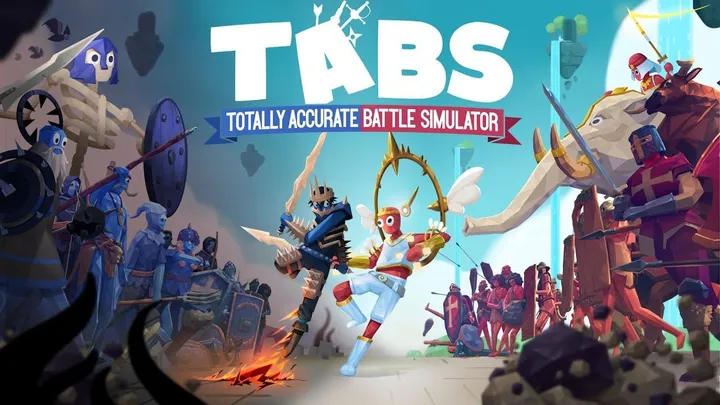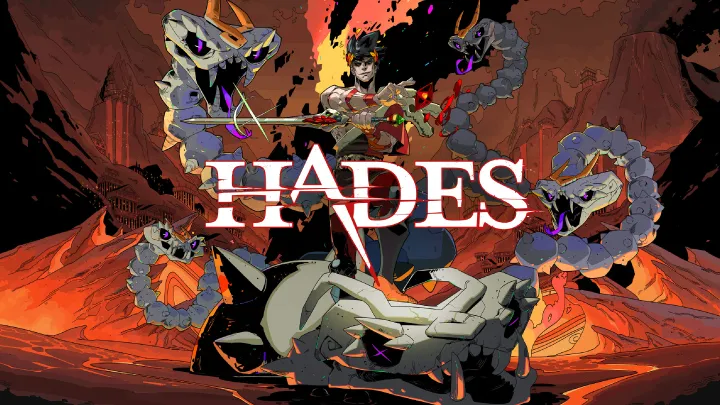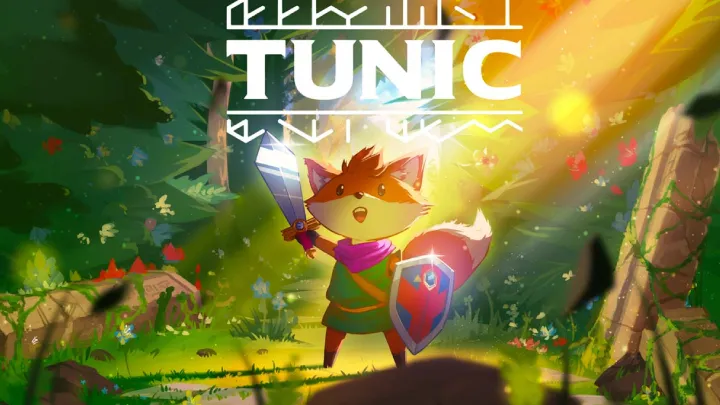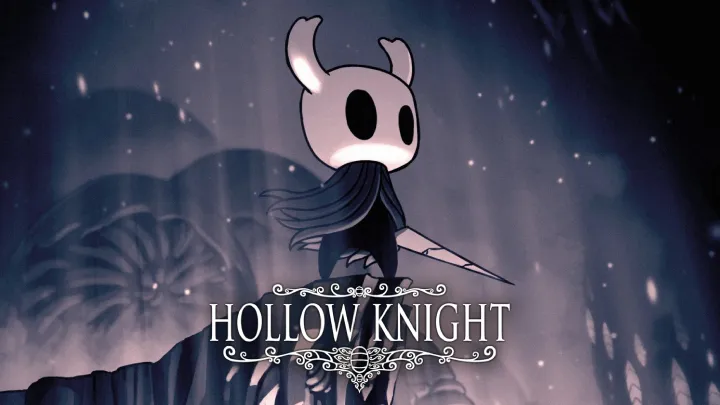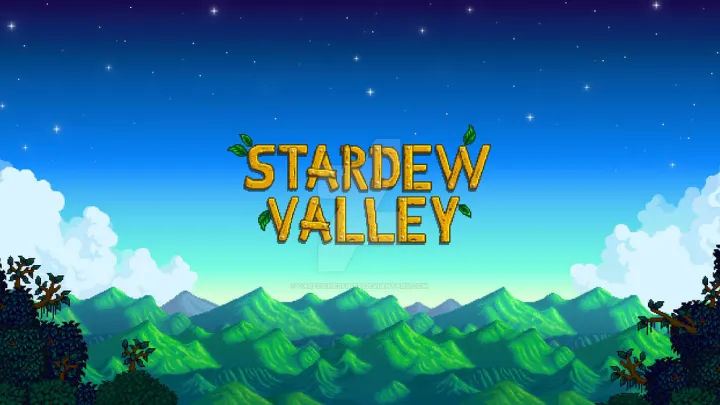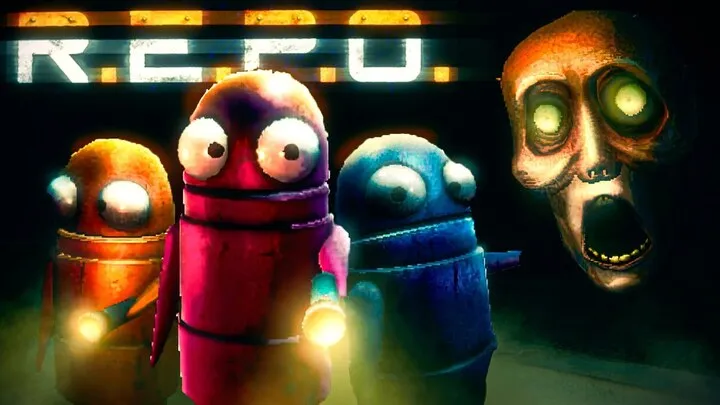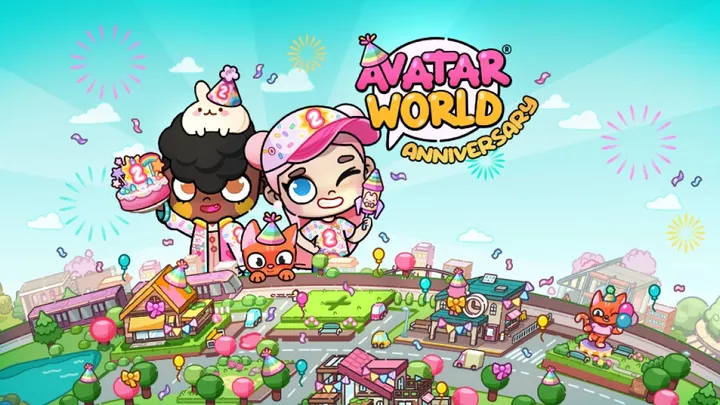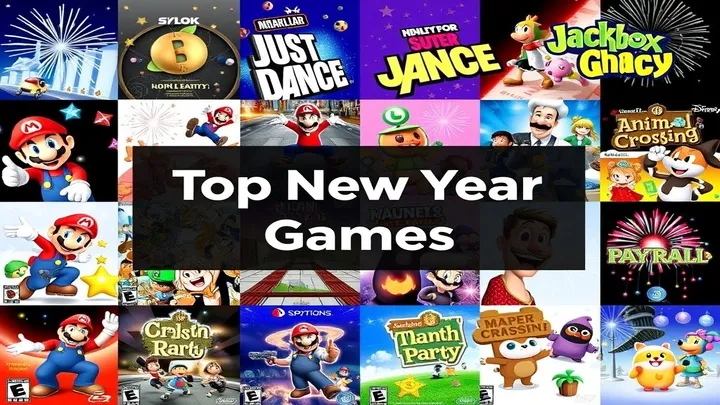Introduction
Video games have always been more than just entertainment; they reflect culture, shape technology, and bring communities together. Over the decades, certain titles have gone beyond popularity and instead defined entire generations of gamers. These are the games that shifted industry standards, introduced new mechanics, and left an impact so deep that they are still remembered fondly today.
In this article, we’ll explore the Top 10 Games That Defined a Generation, analyzing their content, gameplay, and legacy. Each entry played a pivotal role in shaping how we see and play video games today.
1. Super Mario Bros. (1985)
Game Content
Released on the Nintendo Entertainment System (NES), Super Mario Bros. revolutionized platform gaming. It introduced players to the iconic plumber Mario and his quest to save Princess Peach from Bowser.
Gameplay Analysis
The gameplay was simple yet groundbreaking: running, jumping, collecting power-ups, and navigating side-scrolling levels. The smooth controls and balanced difficulty made it approachable for beginners but challenging enough for veterans.
Review
Widely praised for its innovation, Super Mario Bros. became the blueprint for side-scrollers. It not only saved the video game industry after the 1983 crash but also introduced game design fundamentals still used today.
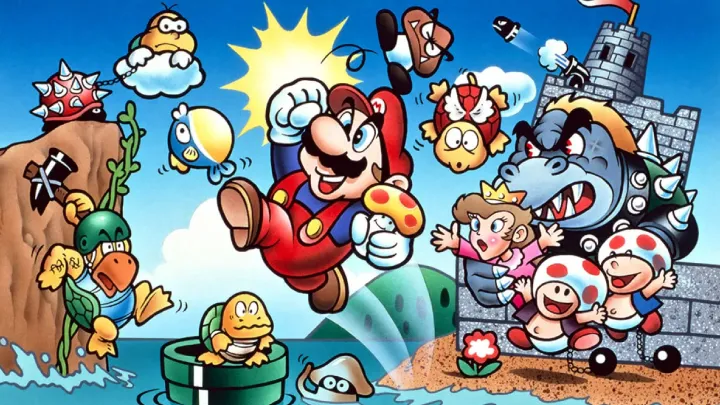
2. The Legend of Zelda: Ocarina of Time (1998)
Game Content
Set in the mystical land of Hyrule, Ocarina of Time followed Link on his journey to defeat Ganondorf and restore peace.
Gameplay Analysis
It pioneered 3D open-world design, Z-targeting combat, and time travel mechanics. The use of music as a puzzle-solving tool through the ocarina was highly innovative.
Review
Often cited as one of the greatest games of all time, Ocarina of Time defined 3D adventure games and influenced titles across multiple genres. Its world-building and mechanics remain timeless.
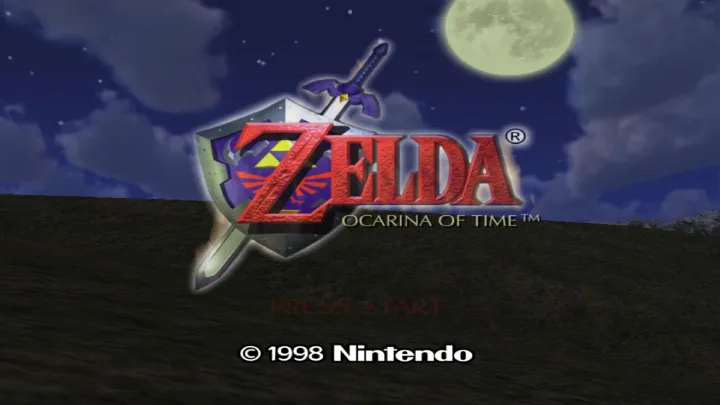
3. Pokémon Red and Blue (1996)
Game Content
These handheld RPGs for the Game Boy introduced players to the world of Pokémon—creatures that could be caught, trained, and battled.
Gameplay Analysis
Turn-based battles, exploration, and trading via the Game Link Cable made Pokémon Red and Blue not only fun but also socially interactive.
Review
Pokémon became a global phenomenon, sparking a multimedia empire spanning anime, cards, and merchandise. For many, these games were the start of lifelong gaming memories.

4. Half-Life (1998)
Game Content
Valve’s Half-Life redefined first-person shooters with its immersive storytelling and atmosphere. Players controlled Gordon Freeman as he navigated the Black Mesa facility after an experiment gone wrong.
Gameplay Analysis
It blended action with puzzle-solving and narrative-driven moments, avoiding traditional cutscenes. The AI was intelligent for its time, making combat dynamic.
Review
Praised for storytelling integration, Half-Life shaped how FPS games could deliver cinematic experiences. It influenced titles like Halo, Call of Duty, and countless others.
5. The Sims (2000)
Game Content
Will Wright’s The Sims gave players control over virtual people in a suburban environment. Instead of fighting enemies, the game was about living everyday life.
Gameplay Analysis
Players built houses, managed relationships, and fulfilled needs. Its open-ended nature offered endless creativity and replayability.
Review
With its appeal to casual and non-traditional gamers, The Sims broadened gaming’s audience. It showed that games could be simulations of life itself, not just combat or adventure.
6. Halo: Combat Evolved (2001)
Game Content
Launched as the flagship title for the original Xbox, Halo introduced Master Chief and his battle against the Covenant.
Gameplay Analysis
The game excelled in both single-player campaigns and multiplayer battles. Its control scheme became the standard for console FPS, and vehicles added variety to combat.
Review
Halo defined LAN parties and early online multiplayer culture. It solidified Xbox’s place in gaming history and set the foundation for modern shooters.
7. Grand Theft Auto III (2001)
Game Content
Rockstar Games’ GTA III brought players into Liberty City, a living, breathing open world filled with crime, chaos, and freedom.
Gameplay Analysis
It gave players unprecedented choice—follow missions or simply explore, drive, and cause mayhem. The sandbox design was revolutionary for its time.
Review
GTA III redefined open-world gaming and paved the way for titles like Assassin’s Creed, Saints Row, and Watch Dogs. Its mature themes pushed the boundaries of gaming culture.
8. World of Warcraft (2004)
Game Content
Blizzard’s World of Warcraft (WoW) became the most influential MMORPG, immersing millions in Azeroth’s fantasy world.
Gameplay Analysis
The game combined questing, dungeons, PvP battles, and social interactions. Guilds and raids created communities that extended beyond the game.
Review
WoW dominated online gaming for years, setting subscription-based MMO standards. Its cultural footprint is massive, influencing how online communities thrive today.
9. Call of Duty 4: Modern Warfare (2007)
Game Content
Modern Warfare moved the series from World War II into contemporary conflicts, offering a cinematic campaign and fast-paced multiplayer.
Gameplay Analysis
Killstreak rewards, progression systems, and customizable loadouts transformed online shooters. Its gripping single-player missions were highly cinematic.
Review
This entry defined modern FPS design and popularized competitive multiplayer, paving the way for esports and streaming culture.
10. Minecraft (2011)
Game Content
Developed by Mojang, Minecraft offered a blocky sandbox world where players could build, explore, and survive.
Gameplay Analysis
Its survival and creative modes catered to different playstyles. The crafting system, procedural worlds, and modding support fueled creativity.
Review
As the best-selling game of all time, Minecraft defined a generation by inspiring creativity and education. It became more than a game—it was a cultural movement.
Conclusion
The games on this list weren’t just successful; they changed how people interacted with gaming itself. From Super Mario Bros. setting the standard for platformers to Minecraft giving players infinite creativity, these titles defined entire generations. They shaped design philosophies, influenced culture, and inspired future developers.
In the end, gaming history is defined by moments—and these 10 games created moments so powerful that they continue to resonate today.
